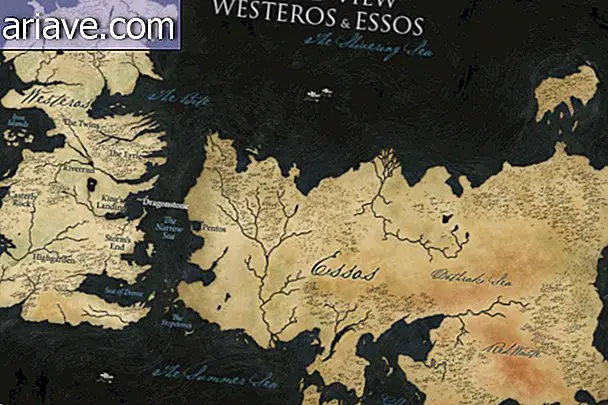Did you know that the ancient Egyptians did not call their nation Egypt?
Although there are so many archaeological and historical records about the land of the pharaohs that allow us to know how this civilization lived, one thing that not every mute knows is that in ancient times locals did not refer to it as "Egypt." The name currently used to designate the African country is derived from the Greek Aygiptos - meaning "beyond the Aegean". And do you know what the Egyptians called their own country? Kemet or Black Earth.
Earth with many colors
Kemet actually comes from km.t, the transliteration of a sequence of hieroglyphics that the ancient Egyptians used to call their land. But the translation of the term caused some controversy until linguists finally came to a consensus on its meaning. This is because some scholars proposed that instead of Black Land, Kemet meant Black Land, in reference to the ancient Nubians.

Today, however, most scholars seem to agree with the first translation, that is, that Kemet means Black Earth. More precisely, the researchers believe the term is associated with periodic floods that occurred on the banks of the Nile River and covered the soil with a dark, rich layer of nutrients that allowed the Egyptians to cultivate the land.
For imagine the contrast that this blackened layer of nutrients should not have against the desert landscape! For the ancient Egyptians referred to the desert lands as Desheret - another transliteration, this time from DSR.T whose meaning is "Red Land."

But, returning to the discussion of the correct translation of the name of the country - Black Land or Black Land -, linguists relied on traditional Egyptian dualism and how the terms Kemet and Desheret are related. One refers to the black and fertile lands, the other to the red and desert. One interpretation would be that the terms are associated with Osiris, which would represent black, green, and regeneration, and Seth, which would symbolize red, desolation, and death.

Finally, linguists also relied on the fact that the Ptolemaic Egyptians referred to themselves as km.tauy, a term that can be translated as "the inhabitants of the black earth." Regarding the official name in use today, it also doesn't sound like Egypt in Arabic! Its transliteration would be "Junhuriyah Misr al-Arabiyah" or just Misr, a word of Semitic origin whose translation means "narrow."
Interestingly, Misr has the same etymological root as the Hebrew word Mitzráyin, meaning "two straits" - in reference to the separation that existed between the Upper and Lower Egypt dynasties. In addition, this word can also be interpreted as civilization, country, metropolis and border.











